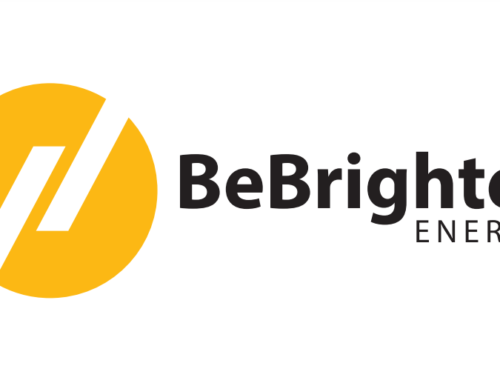Maximising Returns From Solar Investments
Introduction
Solar energy has rapidly gained prominence as a clean and sustainable source of power in recent years, with both individuals and organisations increasingly investing in solar installations. As the world shifts towards renewable energy sources, solar investments have become a key focus for those looking to reduce their carbon footprint and secure long-term financial benefits. In this pursuit, the efficient management of solar assets has emerged as a critical factor in realising the full potential of these investments.
Understanding Solar Asset Management
Solar asset management refers to the comprehensive set of practices and strategies that ensure the proper functioning, maintenance and optimisation of solar energy systems. It encompasses everything from the initial design and installation to continuous monitoring, performance analysis and maintenance activities throughout the solar project’s lifespan. Effective solar asset management involves a holistic approach that combines technical expertise, financial acumen and operational efficiency.
The Importance Of Solar Asset Management
Efficient solar asset management is pivotal for the success of solar investments and it plays a multifaceted role in maximising returns and ensuring the long-term sustainability of your portfolio. Here are some key aspects of solar asset management and their impact on solar investments:
Maximising Energy Production: Proper management ensures that solar panels operate at their peak performance. Routine inspections, cleaning and maintenance activities help to optimise energy output, which directly impacts the financial returns from your solar installation.
Monitoring And Analysis: Solar asset managers use advanced monitoring tools and analytics to continuously assess system performance. This data-driven approach allows for early detection of issues and the implementation of corrective actions, minimising downtime and revenue losses.
Financial Management: Effective financial management of solar assets involves tracking costs, budgeting for maintenance and repairs and optimising revenue streams. This ensures that your solar investment remains financially viable and profitable in the long run.
Compliance And Reporting: Adherence to local regulations, environmental standards and industry certifications is essential. Solar asset managers ensure that your solar installations meet all legal and environmental requirements, reducing the risk of fines or legal complications that could negatively impact returns.
Risk Mitigation: Solar assets are exposed to various risks, including equipment failure, weather-related damage and economic fluctuations. A well-designed asset management strategy includes risk assessment and mitigation plans to safeguard your investment.
Lifecycle Planning: Solar installations have a finite lifespan and decisions need to be made regarding system upgrades, replacements or decommissioning. Solar asset management includes long-term planning to make informed choices about the future of your solar assets.
Sustainable Growth: Investing in solar assets aligns with sustainability goals and efficient management supports the longevity of your portfolio. Well-managed solar investments contribute to reducing greenhouse gas emissions and align with corporate social responsibility objectives.
Conclusion
Solar asset management is an essential component of successful solar investments. By ensuring the efficient operation and maintenance of solar energy systems, it directly impacts the financial returns, sustainability and overall success of your portfolio. Effective management maximises energy production, minimises risks and ensures compliance with regulations and environmental standards. Moreover, it supports the long-term growth of your solar assets, aligning with sustainability goals and corporate responsibility. In an era where renewable energy is a cornerstone of our future, solar asset management plays a pivotal role in securing a brighter, greener and more profitable tomorrow.



Leave A Comment